Legal Update: Establishment of the Southern Coastal Economic Zone in Hai Phong - Foreign Investment Registration (FDI)
Views: 1461
Overview
On December 4, 2024, Deputy Prime Minister Tran Hong Ha signed Decision No. 1511/QD-TTg to establish the Southern Coastal Economic Zone in Hai Phong. Covering an area of 20,000 hectares, including approximately 2,909 hectares of reclaimed land, this economic zone is located in the southeastern part of Hai Phong city.
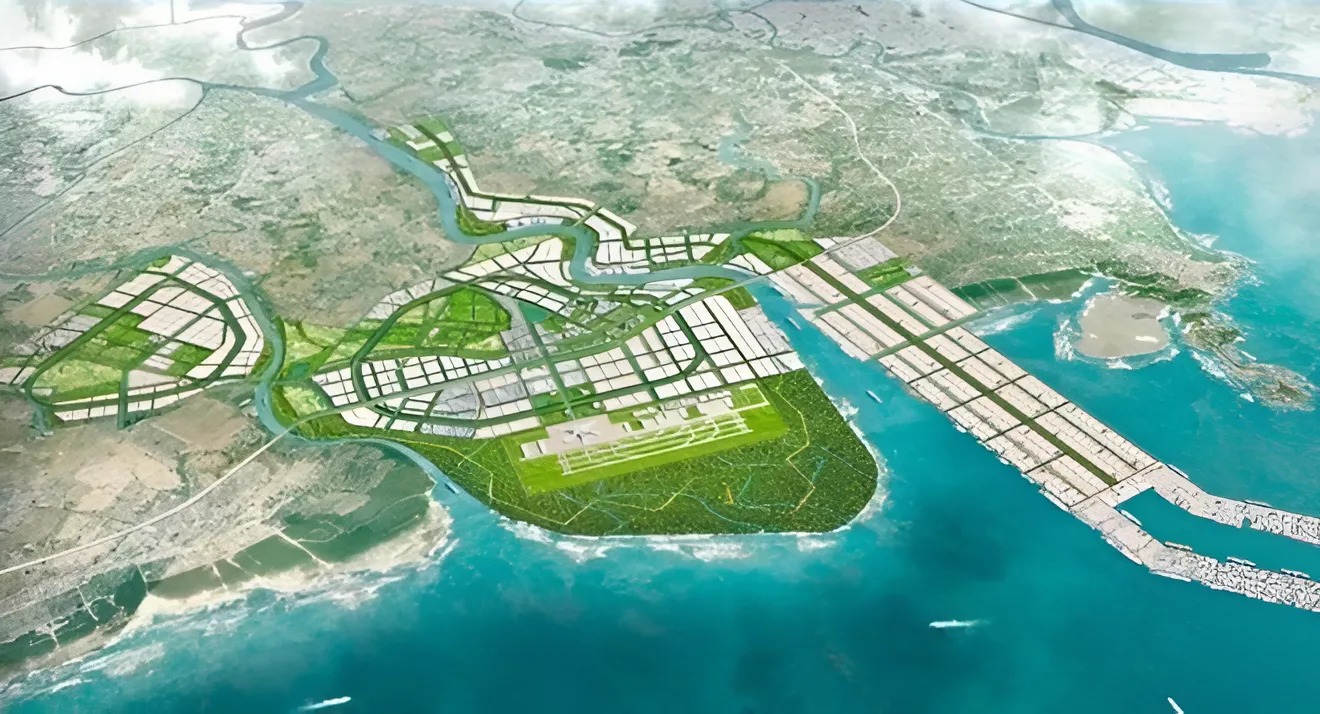
The objective of the economic zone is to develop a comprehensive, multi-sector, multifunctional economic model focusing on high-tech industries, modern port services, logistics, and sustainable growth oriented toward green development and a circular economy. This presents significant opportunities for investors, particularly foreign investors (FDI), to engage in key projects within the region.
In 2024, Hai Phong's industrial parks and economic zones attracted up to USD 4.35 billion in FDI, achieving 242% of the annual target (USD 1.8–2.3 billion). The total cumulative FDI now stands at USD 30.3 billion with 594 projects, 77% of which are in high-tech, processing, manufacturing, and logistics sectors.
How is a Coastal Economic Zone Different from a Regular Economic Zone?
Key distinctions lie in location, functions, incentives, and management mechanisms:
1. Location and Purpose
-
Coastal Economic Zones: Located along coastal areas, including land, marine waters, ports, and island regions.
-
Purpose: To leverage maritime advantages and international trade routes, focusing on port development, logistics, marine tourism, energy industries, and related fields.
-
Regular Economic Zones: Located inland or non-coastal regions.
-
Purpose: Primarily focused on industrial development, services, or local economic priorities.
2. Incentive Policies
-
Coastal Economic Zones: Offer more strategic incentives due to their maritime development role:
-
Tax benefits: May include specific tax exemptions or reductions for non-agricultural land use and imported goods/equipment.
-
Flexible investment policies to attract large-scale projects, especially in ports, renewable energy, and marine industries.
-
Infrastructure prioritization connecting to ports and international trade corridors.
-
Regular Economic Zones: Provide general tax, land, and investment incentives but lack the specificity of coastal economic zones.
3. Functions and Development Orientation
-
Coastal Economic Zones: Development linked to maritime economy:
-
Shipbuilding, oil and gas, offshore renewable energy.
-
High-end marine tourism and resorts.
-
Port development and international logistics services.
-
Strategic role in national security and maritime sovereignty.
-
Regular Economic Zones: Focus on integrated industrial and service sectors supporting regional economic development.
4. Planning and Management
-
Coastal Economic Zones: Involve complex planning due to interactions with marine and land ecosystems. Coordination between marine and terrestrial management agencies is crucial, emphasizing marine environmental protection.
-
Regular Economic Zones: Planning is primarily land-based and less complex in scope.
5. Legal Framework
-
Coastal Economic Zones comply with general regulations for economic zones, industrial parks, and export processing zones, as well as laws on investment. However, they are additionally governed by laws on maritime, island management, and marine economic regulations.
Procedures for Foreign Investment Registration in Vietnam
To establish a company in Vietnam, foreign individuals or organizations must register with the relevant authorities to obtain the necessary certificates and permits, most notably the Investment Registration Certificate (IRC) and the Enterprise Registration Certificate (ERC).
For projects in the Southern Coastal Economic Zone, the process typically involves:
1. Applying for the IRC
-
Documents required:
-
Detailed investment proposal (objectives, scale, capital, location, duration, and labor needs).
-
Proof of financial capacity (financial statements, commitments from parent companies, financial institutions, or guarantees).
-
Lease agreements for office/land and related documents.
-
Explanation of technology usage for projects involving restricted technology.
-
Investor identification documents.
-
Submit the application to the Hai Phong Economic Zone Management Board, which offers specialized support for FDI projects.
2. Applying for the ERC
-
After obtaining the IRC, the investor applies to the local Department of Planning and Investment's Business Registration Office to officially establish the enterprise.
3. Post-licensing Procedures
-
Once the ERC is issued, the project company must:
-
Create a company seal, open a bank account, register for a tax code, and meet capital contribution deadlines.
-
Apply for specific business licenses for conditional business sectors, if applicable, before commencing operations.
Examples of Conditional Business Licenses:
-
Retail distribution: Foreign investors must obtain a business license to retail goods or establish retail outlets.
-
International tourism: A business license is required for international travel services.
-
Foreign language education: Licenses for establishment and operation must be secured from specialized authorities.
Repatriation of Profits: Regulations and Support
A key concern for foreign investors is profit repatriation. Current regulations allow investors to transfer profits abroad after fulfilling financial obligations in Vietnam. The general process includes:
-
Completion of audited financial statements.
-
Submission of confirmation documents from tax authorities and banks.
-
Compliance with the Investment Law and State Bank of Vietnam guidelines.
Legal assistance from ALTAS LAW ensures compliance and efficiency in managing cross-border capital flows.
Conclusion
The establishment of the Southern Coastal Economic Zone in Hai Phong signals Vietnam's commitment to creating a favorable and transparent investment environment. Attractive incentives, legal clarity, and financial support are significant advantages for investors to confidently execute projects in this strategic region.
Please contact Altas at the email contact@altas.vn or Member Lawyer Chris Luong at the email chris.luong@altas.vn if investors need further details or assistance with legal procedures.
Read more about how we supported Tripod Technology
=> One of the world's leading electronic circuit board manufacturers – in expanding its investment in Vietnam here: Click here










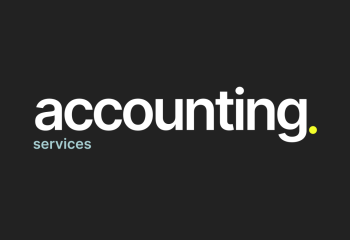
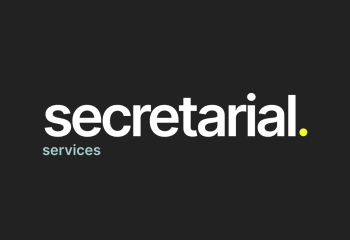
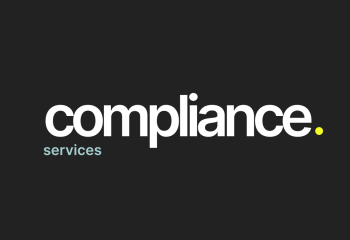


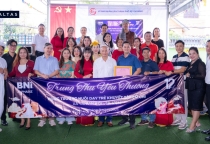
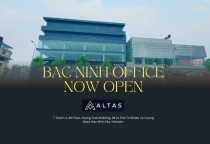

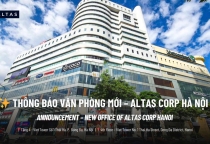


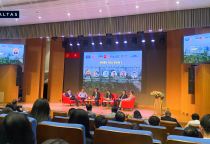




![?️ [ALTAS TALK IS COMEBACK | SERIES: “TAX MATTERS 2025”] ?️ [ALTAS TALK IS COMEBACK | SERIES: “TAX MATTERS 2025”]](thumbs/210x144x1/upload/news/altas-talkintro-7705.png)



